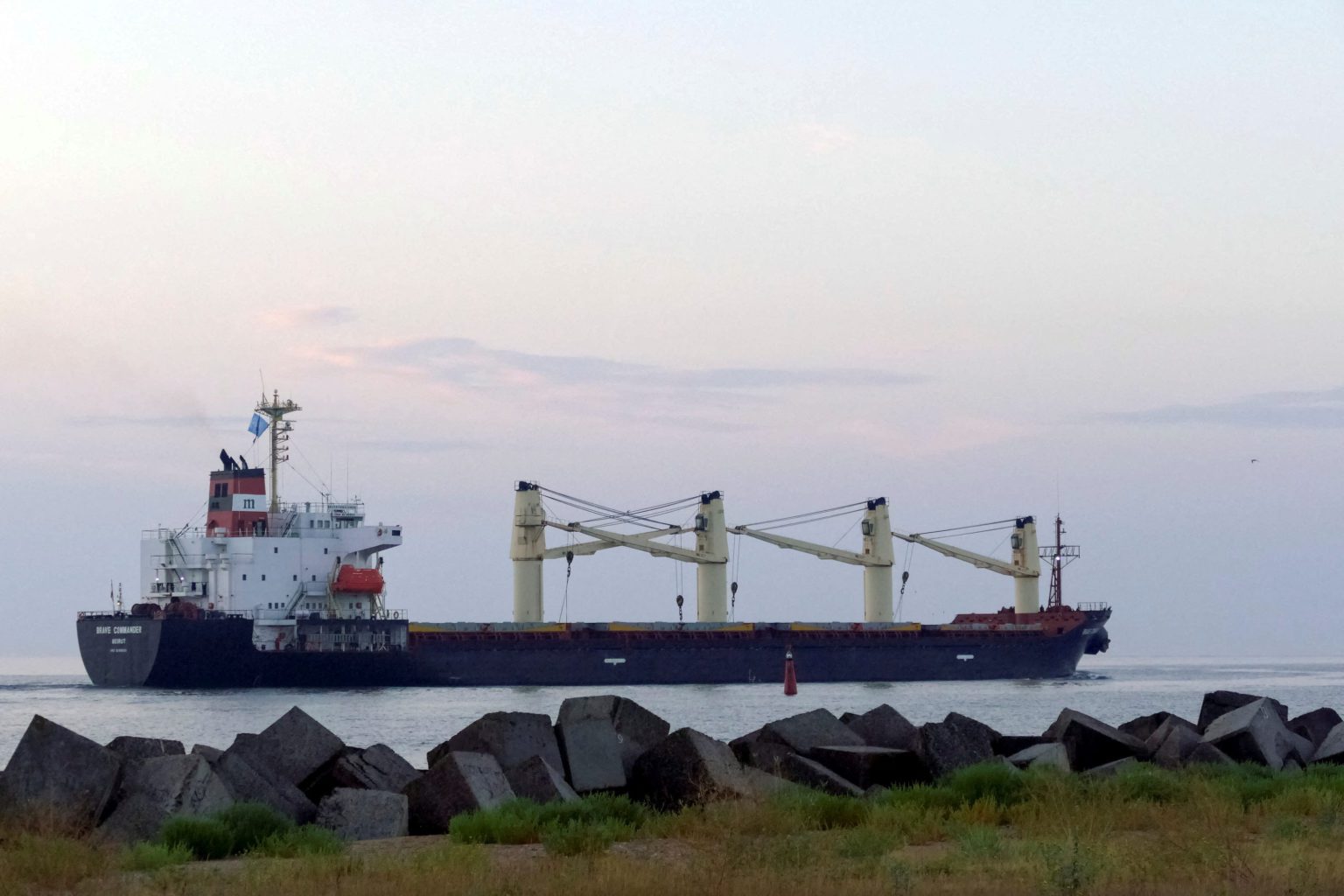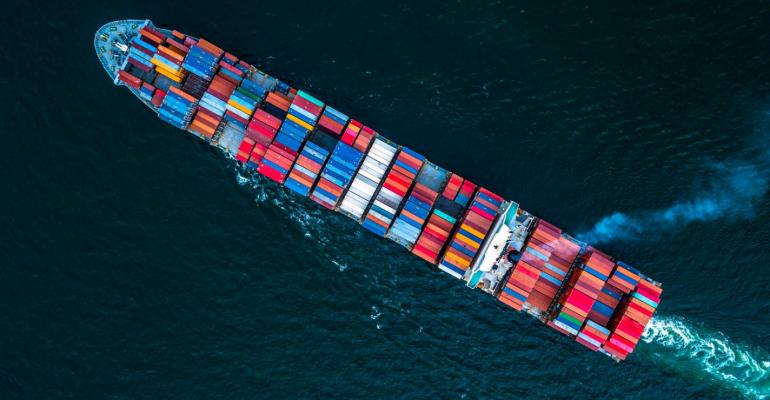The aim of the new partnership is to advance safety, drive innovation and enable the scalable adoption of sustainable marine fuels to accelerate shipping’s transition to zero emissions.
Lloyd’s Register Maritime Decarbonization Hub (The Decarb Hub) will be joining the Mærsk Mc-Kinney Moller Center for Zero Carbon Shipping (MMMCZCS) as a Knowledge Partner of the Center.
This newly formalized long-term partnership extends the ongoing collaboration between the two organizations, which began in 2021 with a joint work programme addressing safety and risk management for the use of ammonia as a marine fuel. As a Knowledge Partner, The Decarb Hub will contribute scientific and strategic expertise to the Center’s efforts to accelerate the safe and sustainable decarbonization of global shipping.
“The Decarb Hub has established itself as an independent actor, not-for-profit research and action unit, combining technical insight, systems thinking, and a deep understanding of maritime transition pathways. Their approach aligns closely with our ambition to accelerate a safe and sustainable transition to zero emissions,” said Bo Cerup-Simonsen, CEO of the Maersk Mc-Kinney Moller Center for Zero Carbon Shipping.
As knowledge collaborators, The Decarb Hub aims to advance the effective application of Human Factor Integration (HFI) to improve seafarer safety. The Hub’s Human Safety and Risk professionals will provide proven expertise in risk and safety engineering, analysis, HFI, and policy insights, working alongside the Center’s technical teams. Areas of focus include safe implementation of sustainable marine fuels, notably ammonia, with an emphasis on the use of quantitative risk methods, embedding safety management principles and design mitigations, as well as technical guidance on HFI for the development of alternative fuel systems in vessels.
James Forsdyke, Managing Director of The Decarb Hub, said: “We are proud to collaborate with the Maersk Mc-Kinney Moller Center for Zero Carbon Shipping as a Knowledge Partner to support its work in the design and operation of zero-emission vessels. By integrating our expertise and experience in green corridor development, quantitative risk assessment, and seafarer competency mapping with the Center’s world-leading capabilities in operational safety and fuel transition modelling, we look forward to driving the safe and scalable adoption of sustainable fuels across the international fleet to deliver meaningful progress toward a zero-emission maritime future.”
The partnership supports both organizations shared mission to transform the global maritime sector through interdisciplinary collaboration, data sharing, and systems-based approaches.
Source: Lloyd’s Register



